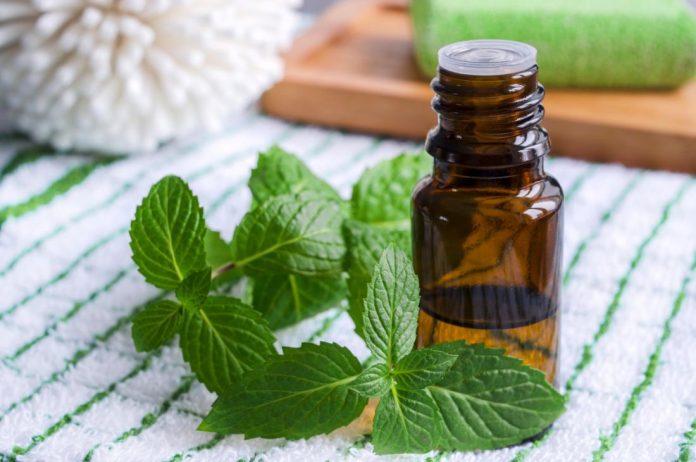Vaginitis, also known as vulvovaginitis or vulvitis, encompasses a range of symptoms involving irritation and inflammation of the vagina and vulva. While it’s crucial for a doctor to diagnose the precise cause of vaginitis, some cases can find relief through natural health remedies.
Let’s delve into methods to address vaginitis at home, along with insights into its causes, and strategies to prevent its recurrence.
Understanding Vaginitis: Vaginitis represents a broad spectrum of symptoms linked to irritated, infected, or inflamed female genitalia. Causes range from conditions like Bacterial Vaginosis (BV), Yeast Infections, and Sexually Transmitted Diseases (STIs), to lifestyle factors, skin reactions, pelvic injuries, or hormonal imbalances.
Healthcare professionals note that vaginitis ranks among the most common gynecological complaints in America, impacting areas such as the labia, clitoris, bladder, vaginal openings, and the vagina itself.
Typical symptoms encompass vaginal discharge with an unpleasant odor, itching, redness, swelling, and a burning sensation during urination. In more severe cases, symptoms might include cracked skin or blisters on the vulva, scaly white patches of skin, or slight vaginal bleeding or spotting.
Common Causes of Vaginitis: Bacterial Vaginosis (BV): This condition arises when the balance of good and bad bacteria in the vagina shifts, leading to an overproduction of bacteria like Gardnerella Vaginalis, fostering an infection.
Yeast Infections: Resulting from an overgrowth of the fungus candida, yeast infections occur when the balance of microflora in the vagina is disrupted, creating an environment conducive to infection.
Sexually Transmitted Infections (STIs): STIs like trichomoniasis, genital herpes, gonorrhea, genital warts, and chlamydia are frequent culprits of vaginitis, exhibiting symptoms akin to BV and yeast infections.
Other Contributing Factors: Various factors can trigger vaginitis, including skin reactions to certain products, lifestyle choices like wearing damp clothing for prolonged periods, hormonal changes, skin conditions like eczema, and even parasitic infections or, in rare cases, vulvar cancer.
Natural Health Remedies for Vaginitis: Before opting for home remedies, consulting a healthcare provider for an accurate diagnosis is crucial, especially as conditions like BV and STIs often require antibiotic treatment.
Once the cause is identified, several natural remedies can help alleviate symptoms and aid in vaginitis recovery.
Cold Compress
Applying a cold compress or ice pack wrapped in a clean towel can reduce swelling and soothe irritation in the vulva area.
Loose Clothing
Avoid tight clothing and opt for breathable cotton underwear to promote airflow and aid in symptom relief.
Bath Oils
For vaginitis triggered by dry or flaky skin conditions, soaking in baths with natural oils like coconut oil or olive oil can alleviate itching and moisturize the skin effectively.
Naturally-Made Vaginal Moisturizer
Applying unscented, organically made moisturizers designed to soothe vaginal irritation can provide relief, such as the Enchanted Rose Natural Vaginal Moisturizer.
Herbs and Vitamins
Incorporating certain herbs and vitamins known for their anti-inflammatory and immune-boosting properties can support vaginal health. Herbs like garlic, echinacea, and goldenseal can be taken as supplements or incorporated into the diet. Vitamin C, in particular, supports the immune system and can be found in citrus fruits, bell peppers, and leafy greens.
Boric Acid Suppositories
Known for their antiseptic and antimicrobial properties, boric acid suppositories can help treat vaginitis caused by BV, yeast infections, and trichomoniasis.
Probiotics
Certain probiotic strains, such as Lactobacillus Acidophilus, Rhamnosus, and Reuteri, can support vaginal health by preventing harmful bacteria growth. Daily probiotic supplements like Flora Bloom Probiotics for Women are beneficial for treatment and prevention.
Preventing Vaginitis Recurrence: Implementing preventive measures can significantly reduce the likelihood of vaginitis recurrence, such as avoiding scented products on the genital area, refraining from douching, using condoms during intercourse with new partners, and opting for breathable cotton underwear.
In Conclusion: While natural health remedies offer promising avenues for vaginitis relief, obtaining a proper diagnosis from a healthcare provider remains paramount. If symptoms persist beyond two weeks despite home treatment, seeking medical advice ensures comprehensive care and appropriate intervention.



















